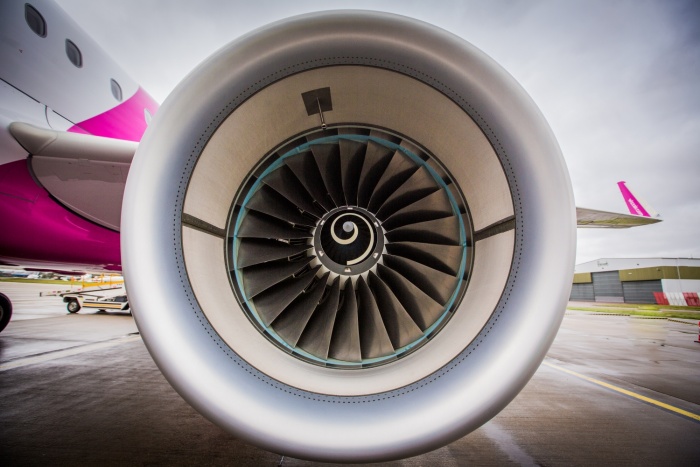
Wizz Air calls for flexibility on airport landing slots
Wizz Air has called the European Commission and all other stakeholders to bring an end of the current waiver from the 80-20 use-it-or-lose-it rule for airport slots.
An extension of the waiver would be irrational and anti-competitive and would hinder rather than help the recovery of the EU aviation industry.
Wizz Air is willing and able to expand, so prolonging the 80-20 use-it-or-lose-it rule for airport slots during the aviation winter season would mean the carrier is prevented from doing so by airlines with weaker business models.
Furthermore, this would adversely affect the economies of the cities served by those airports, as the airports would suffer a shortfall in passenger numbers, reducing everything from their own employment requirements to local supply and supply chains, the airline argued.
It would also influence the economic recovery of the EU, by restricting air connectivity and it would come at a high cost to the already hardly hit economies.
ADVERTISEMENT
Wizz Air believes that allowing such airlines to block slots without operating them is genuinely not in the interest of airlines like Wizz Air, airports, or the economic recovery of the European Union.
Wizz Air has been and remains a company focused on growth and unlike many other carriers it has not received any state aid but has already recovered 77 per cent of its capacity year-on-year.
In order to be able to expand and provide great and much anticipated services to its passengers, it is interested in pursuing new market opportunities including in some of the slot constrained airports in Europe which are currently unavailable due to unoperated slots held by incumbent carriers without operations.
József Váradi, chief executive of Wizz Air Group, said: “I call on the European Commission to end the 80-20 slot waiver regulation for all airlines in Europe as of October 25th and support the recovery of the aviation sector and the associated industries by allowing genuine market conditions to prevail.
“The current plan to prolong the waiver until March 2021 is against free competition and protects incumbent airlines with weak business models while airlines like Wizz Air are ready to take up new market opportunities and provide even more low fare opportunities for their passengers.”

